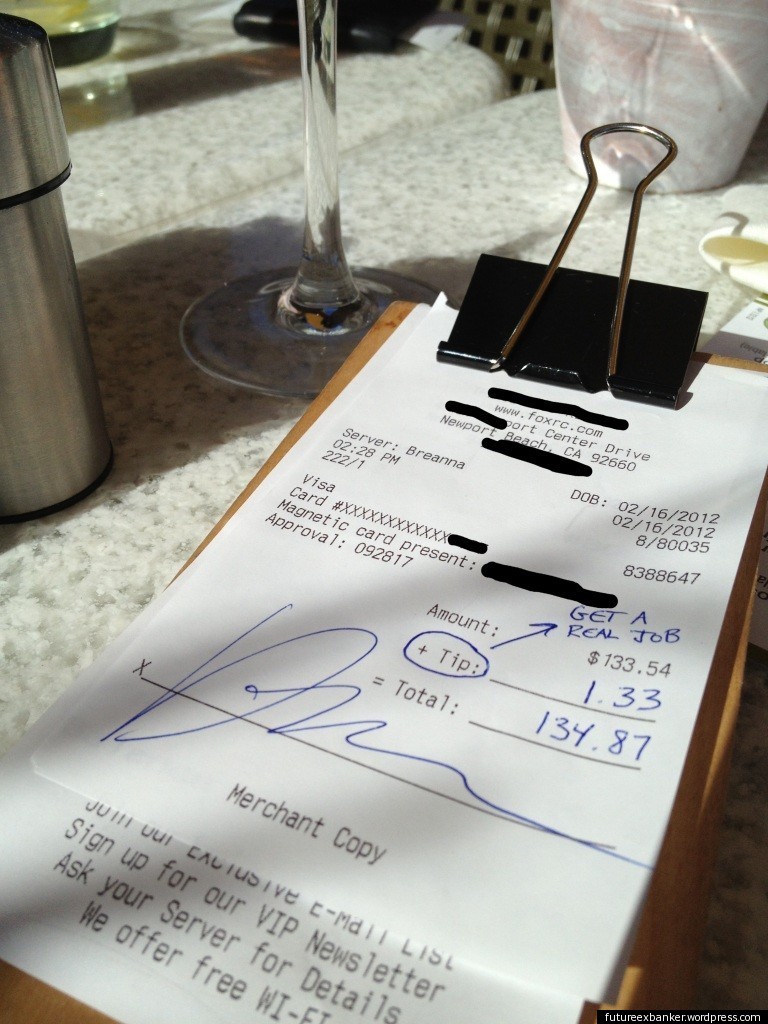td11 wrote:The Nightman Cometh wrote:Yeah, because that is the point td is making.
Thanks, mcgraw, yeah i shouldn't have used "was" in my sentence. Just wanted to point out how different the game is post-CU.
The game is different, but there are more similarities than differences with the common theme being rich people who want to give a lot of money to affect their preferred political outcome have a means to do so. In the 1990s and 2000 we heard about how evil soft money was - unlimited donations to the national party that could be spent on party building and GOTV activities. In the 2000 cycle Democrats raised $243 million in soft money and Republicans raised $244 million, and then McCain Feingold came along and got all the big money out of party politics...thank god, the republic was safe.
Then 2004 rolls along and we get the major 501c4s and 527s popping up. The 527s spent almost $440 million in total, with the majority coming from the left. America Coming Together and Media Fund and MoveOn combined to spend over $150 million, with a lot of the money coming in big chunks (over $20 million each from George Soros and Peter Lewis most famously). Then on the right you had the infamous Swift Boat Vets for Truth folks who only spent $20 million but had a pretty outsized effect on the election. The 501c4 spending is harder to pin down because their donors do not have to be identified to the FEC, which made them a more popular vehicle in 2008 for rich people who wanted to give but not have to answer questions. Crossroads GPS, which was an important backer of GOP candidates in the 2010 midterms, was a 501c4.
So now we have SuperPACs, the newest way for rich people to give as much as they want/greatest threat to American democracy ever (at least since last election). Unlike 501c4s, they don't have to worry about the % of spending going to expressly advocating the election or defeat of candidates due to tax laws, which makes them more efficient in their spending. And, because of that, a lot of the legal ambiguity/potential tax liability is gone. So those two factors I think has led to an increase in big dollar people being willing to give to them. Unlike the 501c4s donors are identified in filings so that's better. I think calls for the disclosure window to be shortened (48 hours maybe) for donations over a certain amount (FEC limit for candidates maybe) would help things.
You put up a dam to keep money out of politics in one place, and it'll find its way around it because people care about the outcome and the first amendment means people are allowed to talk when they want to talk.













